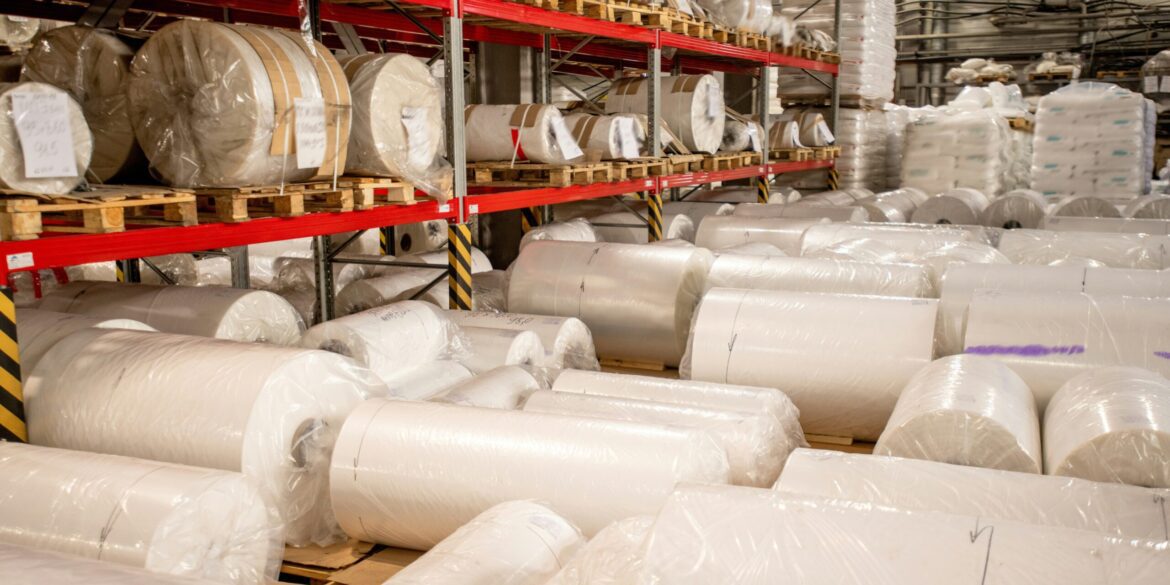In a significant move, President Trump has announced the initiation of a formal investigation into the impact of imported furniture on the U.S. market. This investigation could lead to the imposition of tariffs on various home furnishings, including items such as chairs, couches, and other types of furniture commonly found in households across the country. The probe is part of a broader effort by the Trump administration to address what it perceives as unfair trade practices and to protect domestic industries from foreign competition that may undermine U.S. manufacturing.
The investigation is expected to be completed within 50 days, at which point the U.S. government will assess whether foreign-made furniture is being sold at prices that harm American producers. This move comes as part of a wider trend in U.S. trade policy aimed at reassessing the fairness of global trade relations and ensuring that U.S. companies have a level playing field when competing with foreign manufacturers. Furniture imports, especially from countries like China and Vietnam, have been a point of contention for years, as American manufacturers have expressed concerns that cheap foreign goods are flooding the market and driving down prices, potentially putting U.S. companies out of business.
If the investigation concludes that foreign-made furniture is indeed negatively impacting the U.S. furniture industry, tariffs could be introduced as a way to level the playing field. The imposition of tariffs would likely lead to higher prices for imported furniture, as manufacturers would face additional costs. This could result in a price increase for consumers who rely on imported furniture for their homes, especially in segments where domestic production is not sufficient to meet demand. On the other hand, American furniture manufacturers could benefit from reduced competition, allowing them to increase their market share and potentially hire more workers to boost production.
The outcome of the investigation is expected to have significant implications for both the furniture industry and consumers. If tariffs are imposed, it could lead to a reshaping of the furniture market in the U.S., with domestic producers gaining a larger share of the market, while consumers may face higher prices. Additionally, international trade relations could be affected, especially with countries that export furniture to the U.S., as they might retaliate with their own tariffs on U.S. goods. The investigation is expected to be closely watched by both U.S. furniture manufacturers, who are eager to see how it will impact their business, and consumers, who may feel the effects of higher prices for home furnishings.
This investigation also highlights the broader debate over trade practices and tariffs, which have been a focal point of the Trump administration’s economic policies. The administration has repeatedly argued that tariffs are necessary to protect American jobs and industries from unfair foreign competition, while critics argue that such measures could disrupt global supply chains and lead to higher costs for U.S. consumers.
The furniture tariff probe is just the latest chapter in the ongoing trade battles that have characterized much of the Trump administration’s approach to international trade. As the investigation unfolds, it will be important to track its progress and determine whether it results in significant changes to U.S. tariff policies or if it becomes part of a broader trend in protectionist trade measures that could reshape the U.S. economy in the coming years.

